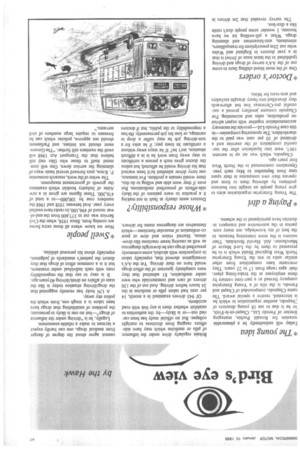* Whose responsibility?
Page 49

If you've noticed an error in this article please click here to report it so we can fix it.
Doctors seem clearly at fault in not making it a practice to warn patients of the likely side-effects of prescribed medications. But even if they were able and willing to do this, there would remain a problem. For instance, one lorry driver admitted he'd been warned that his driving would be affected; but unless the doctor gives such a person a certificate to stay away from work he is in a difficult situation, isn't he? if he 'stays away without a certificate he loses pay; if he asks for a non-driving job he may suffer a drop in earnings, or lose his job permanently. He has a responsibility to the public, but if doctors cannot agree about the degree of danger from medical drugs, one can hardly expect a layman to make a reliable assessment.
Legally, he is "driving under the influence of drugs"—but no one is likely to prosecute; the problem of establishing that drugs have been taken is a tough one, from which the police shy away.
A UN body has recently suggested that the drug/driving situation today is like the state of affairs on drink/driving 40 years ago.
It is easy to say that the responsibility rests with each individual under treatment, but it is a common effect of drugs that they distort the patient's standards of judgment, especially about his personal abilities.








































































































